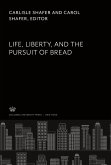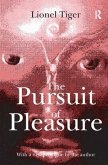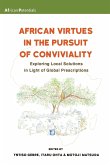The distinction between male & female has served as a basic organizing feature of human culture throughout history. Although the 20th century has brought marked changes in the roles of men & women, sex division still remains a salient social feature that has a profound effect on social organization & individual behavior. Worldwide, children exhibit sex appropriate behaviors early on attesting to society s demands for its members to acquire sex- appropriate preferences & self-concepts. The universality of sex-typing is reflected in the prominence it has received in a large number of academic disciplines. Many theories of sex-typing have sought to answer the question of how a developing child comes to understand and match the appropriate repertoire/template of sex- appropriateness as defined by the specific culture. One of the main goals of this book is to extract from the current literature a clearer understanding of the process of sex-typing & the human adaptation of sex-roles.This book will focus primarily on a group of theories of sex-differentiation known as micro-type paradigms, but will briefly touch on the contrasting macro-type paradigms.
Bitte wählen Sie Ihr Anliegen aus.
Rechnungen
Retourenschein anfordern
Bestellstatus
Storno








